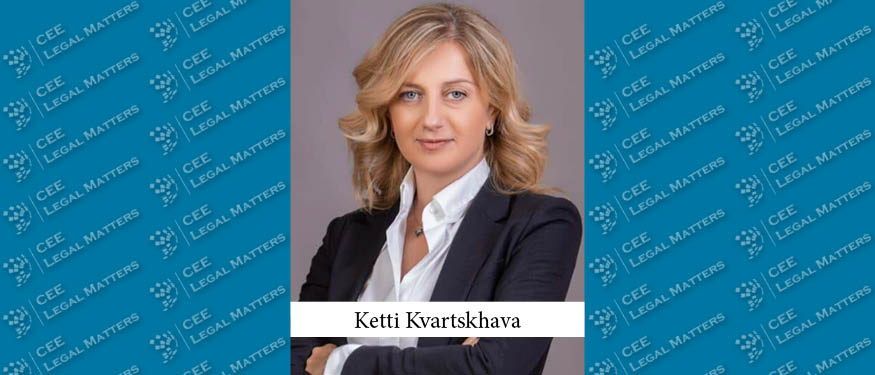The Labor Law of Latvia states that an employer is generally prohibited from dismissing employees with disabilities and has to provide such employees with adequate jobs. Employees with disabilities can be dismissed, however, on these grounds (and only these grounds): a) misbehavior; b) inability to perform the contracted job; or c) the employer’s liquidation. Additionally, until a recent judgment of the Supreme Court of Latvia, employers were unable to bring actions in court seeking the dismissal of employees with disabilities.
Recently, the Supreme Court of Latvia ruled that an employer may bring an action before a court for the dismissal of an employee with a disability if the employer has an important reason – which the court ruled is any condition not allowing the continuation of an employment relationship because of fairness and good faith considerations. A court will have discretion to determine on a case-by-case basis whether or not it believes the important-reason test has been met, based on evidence provided by an employer.
In the particular case, the court had to ascertain whether the repeated refusals to accept vacancies by an employee with a disability met the test for dismissal. The final judgment held that the employee’s repeated refusal to accept vacancies in the particular circumstances should be viewed as an act of the employee that is contrary to fairness and ethical standards and in conflict with the legitimate interests of the employer. It was found that the employee had been exercising his right not to be made redundant unfairly and not in good faith by refusing to cooperate reasonably with the employer by taking up other positions or accepting other compromise actions. Consequently, the employee’s dismissal was upheld by the court.
This new case law could actually have a positive impact on the employment of people with disabilities in Latvia. Employers have been cautious in recruiting people with disabilities due to the limited dismissal rights, particularly in the case of redundancy and position eliminations, the latter being the most common grounds for dismissal used by employers. The new case law could reduce employers’ caution by allowing them to protect their legitimate interests if a person with a disability refuses to cooperate in cases of redundancy or position-elimination. The state should also be in a better position to properly promote the realization of the right to work stipulated by the UN Convention on the Rights of Persons with Disabilities, which Latvia has ratified.
The Supreme Court of Latvia certainly did not deliver a “bright line” test that will be easy to apply and administer. It is a subjective rule, entirely dependent on the facts of each case, and we will no doubt see some variation among cases as practice develops. But the ruling is a clear step in the right direction, rooted in the idea of requiring fairness and good faith in relations between employees with disabilities and their employers.
The employer in this case was represented by Ivita Samlaja, an Attorney at Law and Head of the Employment Law Practice Group at Deloitte Legal Latvia.
By Ivita Samlaja, Head of Employment Litigation, Deloitte Legal
This Article was originally published in Issue 7.2 of the CEE Legal Matters Magazine. If you would like to receive a hard copy of the magazine, you can subscribe here.













